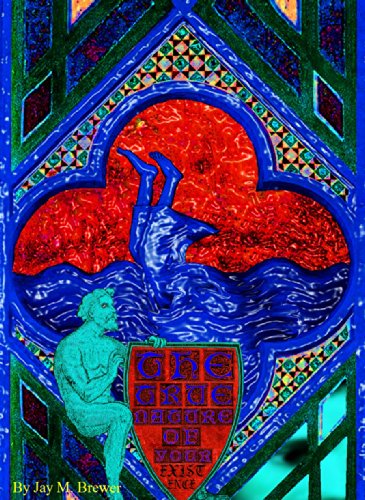Form of idealism represented primarily by George Berkeley (1685-1753), though his own name for it was immaterialism.
Berkeley distinguished minds or spirits (including both God and finite spirits like us), which are active, from ideas which are their contents and are passive. To be is to perceive, in the case of spirits, or to be perceived, in the case of ideas; ‘perceive’ here really means ‘have as content’, and ‘be perceived’ means ‘be had as content’.
Berkeley was mainly concerned to reject the notion of matter, which he regarded as unknowable and the source of paradoxes, and itself stemming from the doctrine of ‘abstract ideas’, which he made his first target.
The term ‘subjective idealism’, used of Berkeley and also of Immanuel Kant (1724-1804) (see transcendental idealism) by objective idealists, perhaps depends on emphasizing only one side of Berkeley’s view, that to be is to be perceived; and in the case of Kant, his treatment of ideas as dependent on our minds.
Source:
G Berkeley, A Treatise concerning the Principles of Human Knowledge (1710)
Table of Contents
Last update 2020-06-17. Price and product availability may change.










